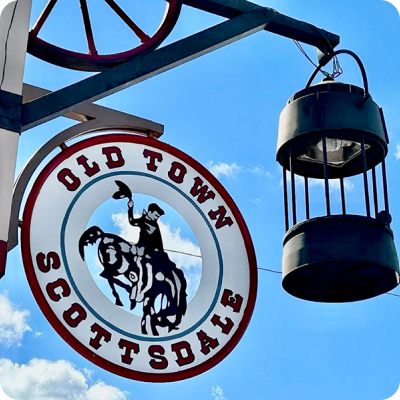LLC and Other Protections
Do You Own Vacation, Investment, or Rental Property? You May Need an LLC to Help Avoid Seizure of Your Personal Property in the Event of a Law Suit!
A comprehensive estate plan should address all of your assets. For most people, an estate plan must include three common categories: (1) your home; (2) financial accounts, like your checking, savings account, and investment accounts; and (3) personal property. However, many people hold property other than their primary residence. This property may be a weekend vacation property (where they sometimes invite guest), rental property, or open land which is sometimes used by others for recreation.
Rental Property & Estate Plans
If you own any of the above referenced property you are not only fortunate but at risk. If someone gets hurt while in or on your non-residential property, even if they are an invited guest, you could be subject to a lawsuit and your other property at risk of seizure. Additionally, it is no surprise that one of the risks of being a longer term landlord of commercial or residential property is the threat of other types of lawsuits such as a claim under the landlord tenant act, or a lease dispute which can all end up in the courtroom. However, holding the property under a well drafted and organized LLC agreement can offer significant protection.
Protecting Your Assets
A prudent owner of property where guest frequent, are entertained, or where uninvited persons can intrude upon, or where the owner is a landlord of property used for short-term rentals, should purchase adequate insurance coverage as the first line of defense. However, how much insurance is enough? It is impossible to know because you have no way of know what the damages will be. Therefore, the insurance policy’s limit may not be sufficient to cover damage awarded by a court. When this happens, the next place the prevailing party looks to for satisfaction of judgment is the property owner’s personal assets, which leads us to the next layer of protection.
Using a Business Entity as Protection
Owning property through a business entity, like a Limited Liability Company (LLC), can protect personal assets against seizure. That being said, merely filing paperwork to create an LLC isn’t enough. The LLC must be treated as a true business entity and all reports, filings, bank accounts, and other formalities must be met at all times in order to benefit from the liability protection of the LLC business entity.
Who Is Managing Your Assets — Member or Manager?
Another factor to consider is who will be appointed manager of the LLC. Often, the single or married owners (Members) of the LLC designate themselves as simply a Member Manager, or Member Managed LLC. This sounds logical, and at first seems like the common sense thing to do if they are forming the LLC themselves or without attorney assistance. However, state law gives any “Member” the right to encumber the LLC. Therefore, years later they may bring on another co-owner, perhaps a relative or friend, to help work in the LLC and they may desire to make them a “Member” as a reward for their assistance. What they fail to realize is that a “Member” of any LLC can encumber the LLC – i.e., purchase items and make financial agreements that legally bind the LLC. The original owners of the LLC may not have intended to give the new “Member” such authority. However, had they organized the LLC as a Manager Managed LLC (and the original owner(s) can be both Member and Manager) no such unintended vestment of authority would likely occur. Ever heard the old saying that “the devil is in the details.” An LLC is a serious undertaking. It is much more complicated than simply filing a document with the Arizona Corporation Commission or Utah Divisions of Corporation. We recommend you do not attempt to organize you own LLC without attorney assistance.
Let us help. Call today for a free consultation with Attorney Ben Connor.







